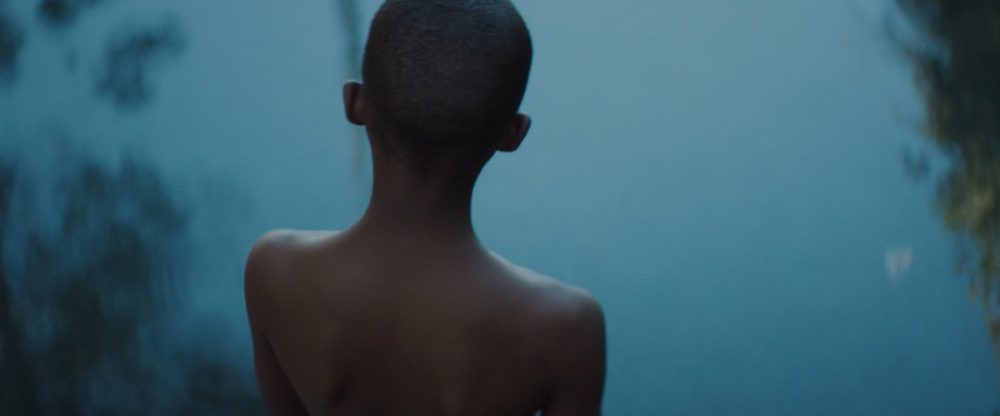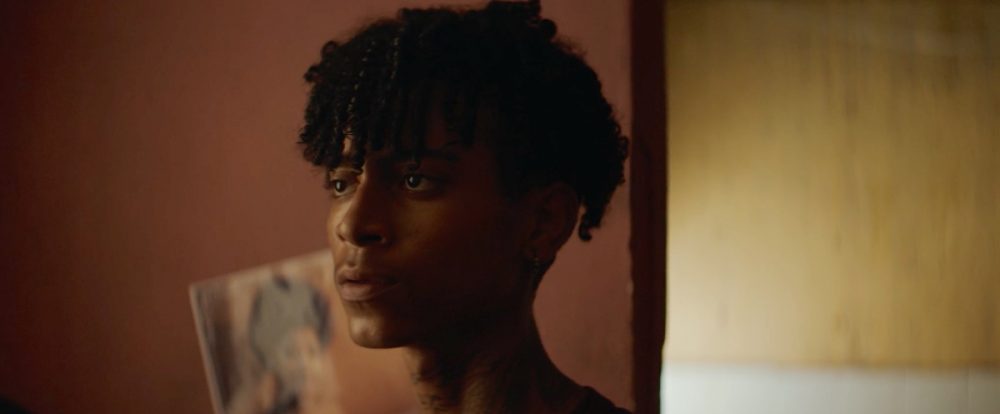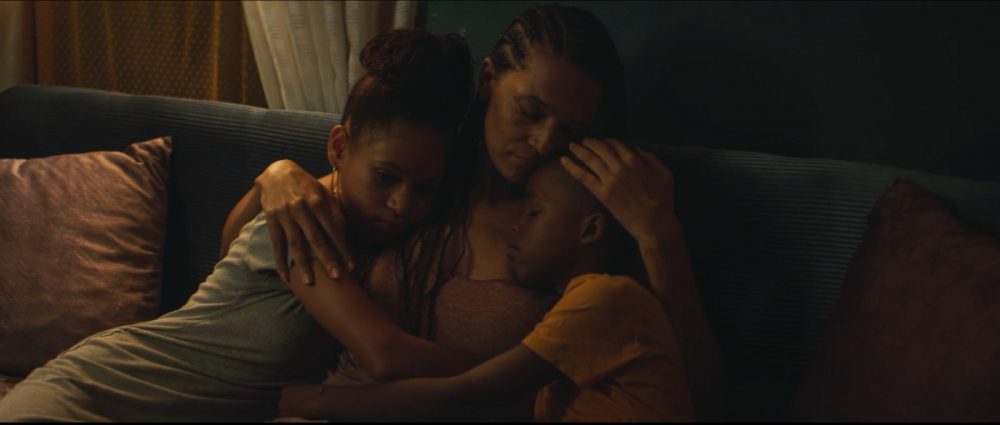I always get excited to watch films that are completely new to me. Actors I don’t know yet, directors I don’t know yet, films of different countries and cultures, and so, if you’re in the same position as me, Bantú Mama is a perfect place to start. From Dominican director and producer Iván Herrera, along with the writing talents of Clarisse Albrecht (who plays the movie’s lead role), comes a gentle song of a story, in which we see Emma (Clarisse Albrecht) somewhat fall under the wings of a group of children, as they simultaneously fall under hers. I had no prior knowledge of the parties that went into this movie, but after admiring the construction of the story, the camera work, and the realistic performances, I would be surprised if one wasn’t encouraged to look deeper.
Having been caught in a drug-selling scheme, Emma, a French woman of African descent, manages to escape arrest in the Dominican Republic, and it is here that she encounters the three children that will form the main basis of the story. T.I.N.A (Scarlet Reyes), $hulo (Arturo Perez) and Cuki (Euris Javiel) display the necessary independence and confidence needed to thrive in a threatening district of Santo Domingo, but their lack of a maternal figure creates an open window for Emma to, effectively, become their Bantú Mama. Albrecht’s performance in particular was one that impacted me, as I am sure it will you, as her precise yet completely natural presentation of this character strengthens the message at the heart of this movie; a sentiment of collectivity, determination, and motherhood. She shines in scenes with Cuki, as her brave demeanour melts into gentle expressions as she comforts him.
It’s no secret that cinematography can alter a film entirely, and I found particular solace in Sebastian Cabrera Chelin’s camera work, as his ability to perfectly capture the introspective moments in the lives of these young teenagers in the same breath as the rolling yet compact nature of the barrio is a particular skill that must be seen. Above all, his handling of shots involving bodies of water are especially captivating, as the richness in texture and colour allows us to fully immerse ourselves in the personal moments shared with us throughout.
As mentioned earlier, Albrecht shares the writing credits, and readers should absolutely take note of her multi-disciplinary talents; the weaving of the narrative and her performance is to be admired, and her progression from a rather stone-faced woman to a charming mother cements this. Her use of dialogue creates engaging conversations, and the silent moments speak volumes.
Bantú Mama covers topics of identity, ancestry and nationality with a specific cinematic elegance, one which juxtaposes the chaos, poverty and violence with which the barrio is typically associated. Portraying it in such a way allows us to explore the intimacy that oozes from this movie, and fully comprehend the touching motivations. The thumping rap music of the barrio is a perfect backdrop to set against the familial, cultural activities, as we engage ourselves in the generational tale of belonging. Hererra and Albrecht’s exploration of culture drives us towards considering happiness from within ourselves and our cultures, and the setting within the Dominican Republic acted as gateway to this marvellous moment of appreciation from the film, and a hopeful moment of discovery for audiences.
If you yourself cannot find particular ancestral links to this movie, that is not to say that you cannot still find yourself within it; the presentation of motherhood and silent determination can provide to you a moment of reflection, in which you can question yourself, as well as thank yourself – a particularly comforting message of growth. The principal performances allow us this experience. Their stoic, confident attitudes blend with their innocent moments of joy and comfort, as we gaze outwards and inwards at the characters’ relationship between confidence and vulnerability. “You don’t have to be tiger”, is not only said, but shown.
Perhaps the closest comparison I can make in terms of a viewing experience of Bantú Mama is Chloe Zhao’s Nomadland, as both handle delicate stories of women who find a sense of strength, in a new community and also within themselves, accompanied by atmospheric moments that build the world, true to life, around the viewer. Nomadland garnered large audiences and accolades, and I believe that Bantú Mama should be treated with the same reverence and respect.
By Billy Currid
Bantú Mama screens Sat 26 Mar as part of the 28th ¡Viva! film festival.


